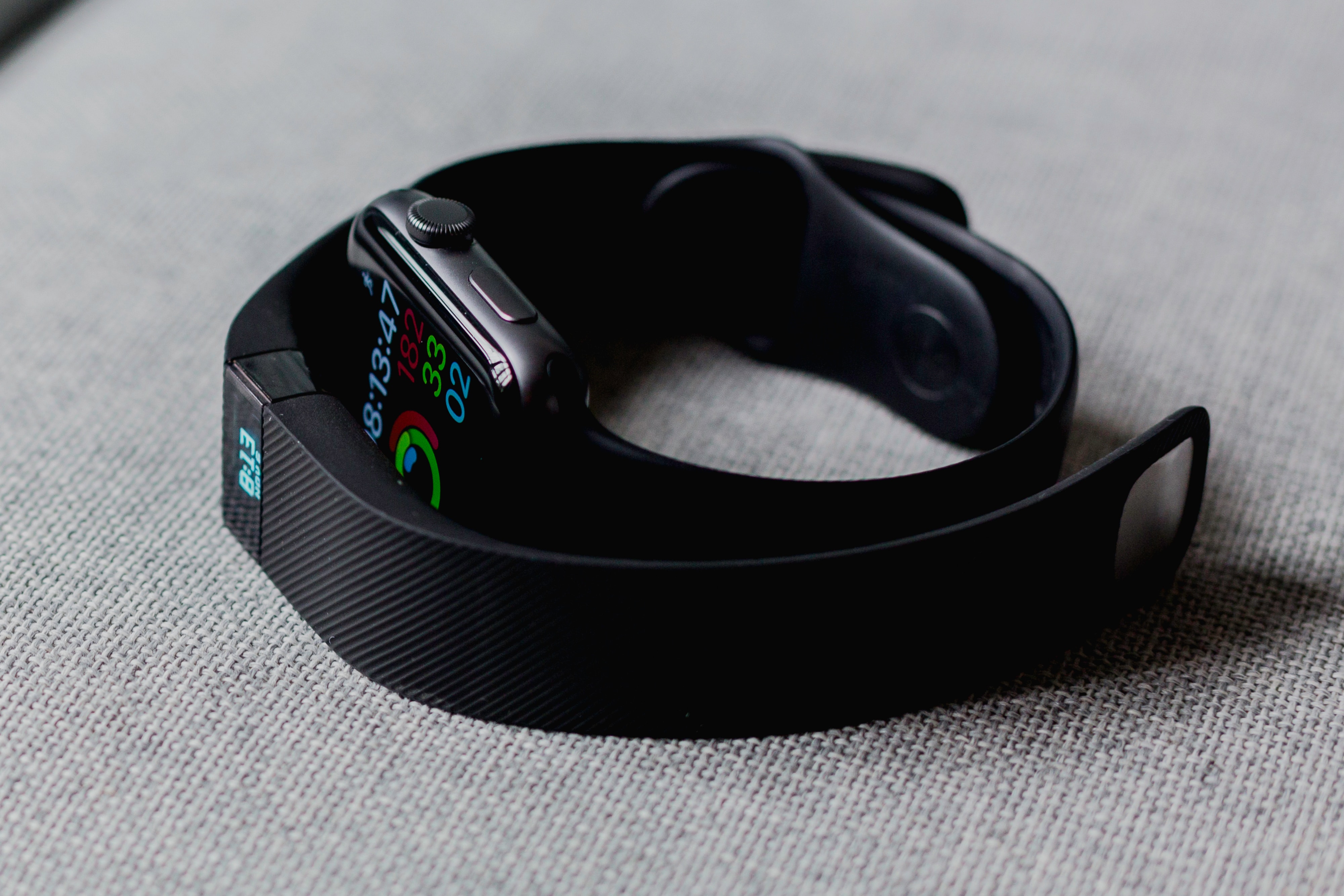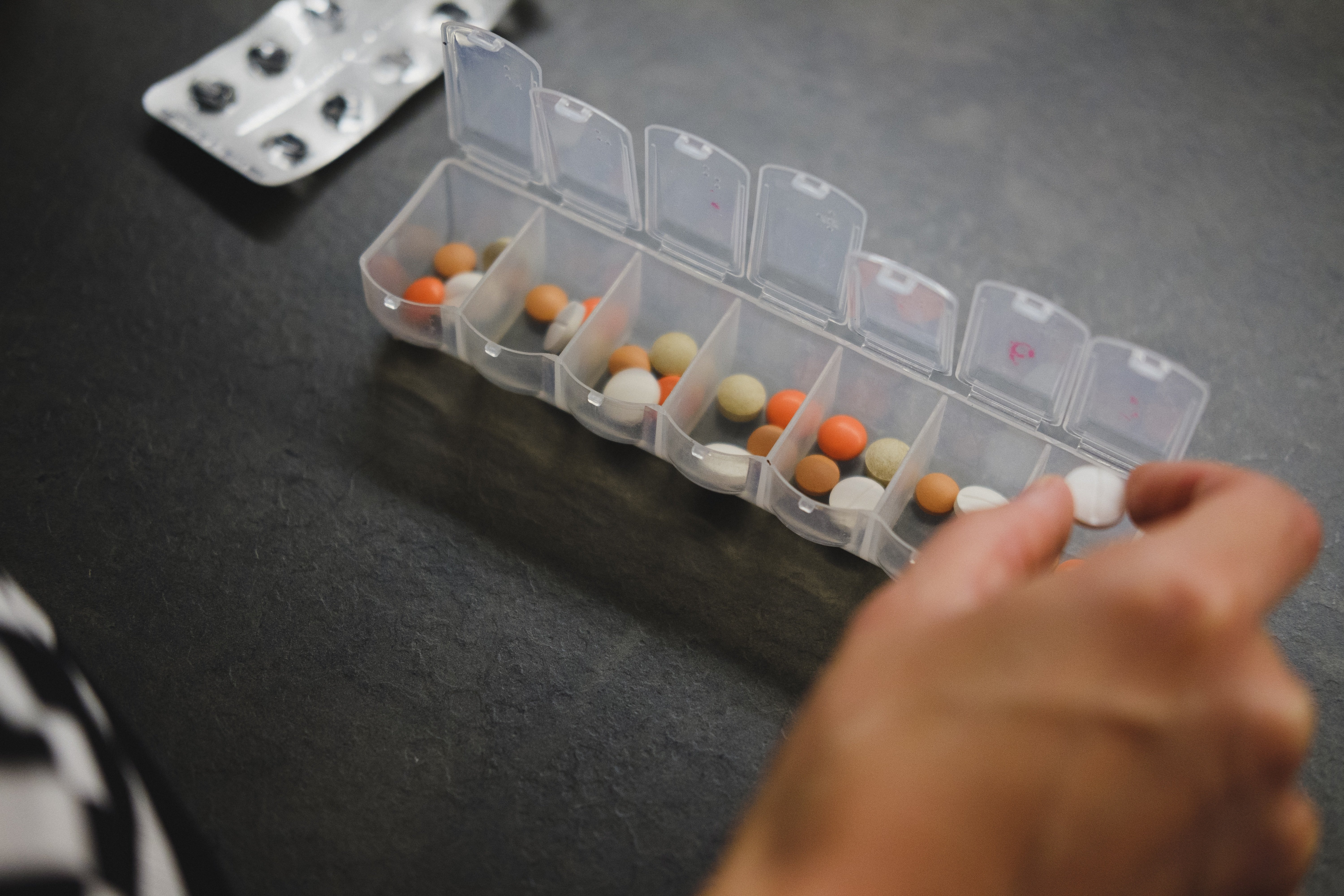3 Ways Brands Are Bringing Personalization to Health and Nutrition
By Inspira Marketing
November 6, 2019
By Inspira Marketing
November 6, 2019
As brands continue to innovate their products and services to cater to the needs of modern consumers, it’s important to take a step back and understand the macro trends that are driving these changes. Lately, personalization is one such trend that is making its mark on a variety of industries. Whether it’s a playlist on Spotify that’s curated just for your ears or the use of A.I. technologies to make personalized recommendations in retail, brands across the spectrum are making a greater effort to market to consumers as individuals.
The thought process is sound. After all, consumers want to feel that one-to-one connection with the brands they buy. And, if that personalization also means that a product or service is better oriented toward their needs, all the better.
While curated playlists or beauty recommendations are, indeed, useful, personalization stands to make an even bigger impact in the world of health and nutrition. Due to the rise of the wellness movement, consumers have become far more conscious about their mental, physical, and spiritual health. Accordingly, we’ve seen brands create products and services that aim to help each consumer, as an individual, live a healthier life. Here, we take a look at three of the ways in which brands are bringing personalization to health and nutrition.
Proliferation of At-Home Testing Kits
While many consumers turn to the likes of 23andMe and Ancestry DNA to understand more about their heritage, some of these services allow you to learn more than just that. In fact, 23andMe users are able to opt in to receive high-level dietary recommendations based on health information reported by others with similar genetic makeup.
Perhaps you don’t need the assistance of 23andMe to find out that you’ve been skimping on the veggies? That’s fair. However, these tests are just the tip of the iceberg in terms of where things are headed. Consider Viome, for example. Viome offers a gut intelligence test that assesses microbes to determine foods that promote gut health while singling out those foods that you’d be better off avoiding. Similarly, allergies are another instructive tool for dietary recommendations, and EverlyWell offers an at-home finger prick test that measures one’s immune response to nearly 100 different food types.
Improving Wearable Technology

In recent years, more and more consumers have turned to wearable technology as a way to monitor their physical health. From tracking exercise and heart rate to dietary intake and sleep quality, these devices help us better understand the way our bodies work. However, future applications of wearable tech look to serve an even greater purpose.
One company, Allergy Amulet, has raised money to develop portable allergen sensors that signal to users whether an allergen is present by analyzing a disposable test strip of food samples. Other wearables, like a tooth-mounted one developed by researchers at Tufts University, detect intake of alcohol, glucose, and sodium in order to help users with medical conditions.
Just-For-You Personalized Pills
 While mass-manufactured medicines and supplements have long been a part of daily routines, the shift to personalization is coming. For those who take frequent medications, a number of companies are leveraging 3D printing technology to create supplements that allow multiple medications to be put into a single pill and released into the body at different time increments throughout the day.
While mass-manufactured medicines and supplements have long been a part of daily routines, the shift to personalization is coming. For those who take frequent medications, a number of companies are leveraging 3D printing technology to create supplements that allow multiple medications to be put into a single pill and released into the body at different time increments throughout the day.
For those who simply want to take vitamins or other health supplements in addition to their typical diet, companies like Care/of and Rootine offer their own take on personalization. While Care/of creates personalized vitamin packs and powders based on a health and lifestyle survey, Rootine has an algorithm that analyzes data from genetic testing, bloodwork, and a questionnaire in order to create tailored combinations of vitamins for each consumer.
Of course, many consumers may be hesitant to turn to some of these new products and services touting personalized health and nutrition benefits, so it’s important for brands to educate potential customers on the technologies, products, and their purported benefits. Is your brand looking to introduce its latest innovation to today’s wellness-minded consumers? Contact us today to learn how our suite of experiential-led marketing services can help you build brand awareness, encourage product trial, and earn lifelong loyalists.
Source: CB Insights Nutrition is Moving Beyond One Size Fits All. Here’s How Tech is Personalizing Your Diet 2019